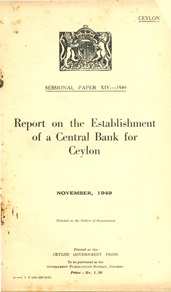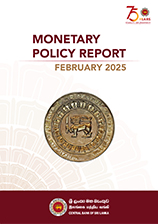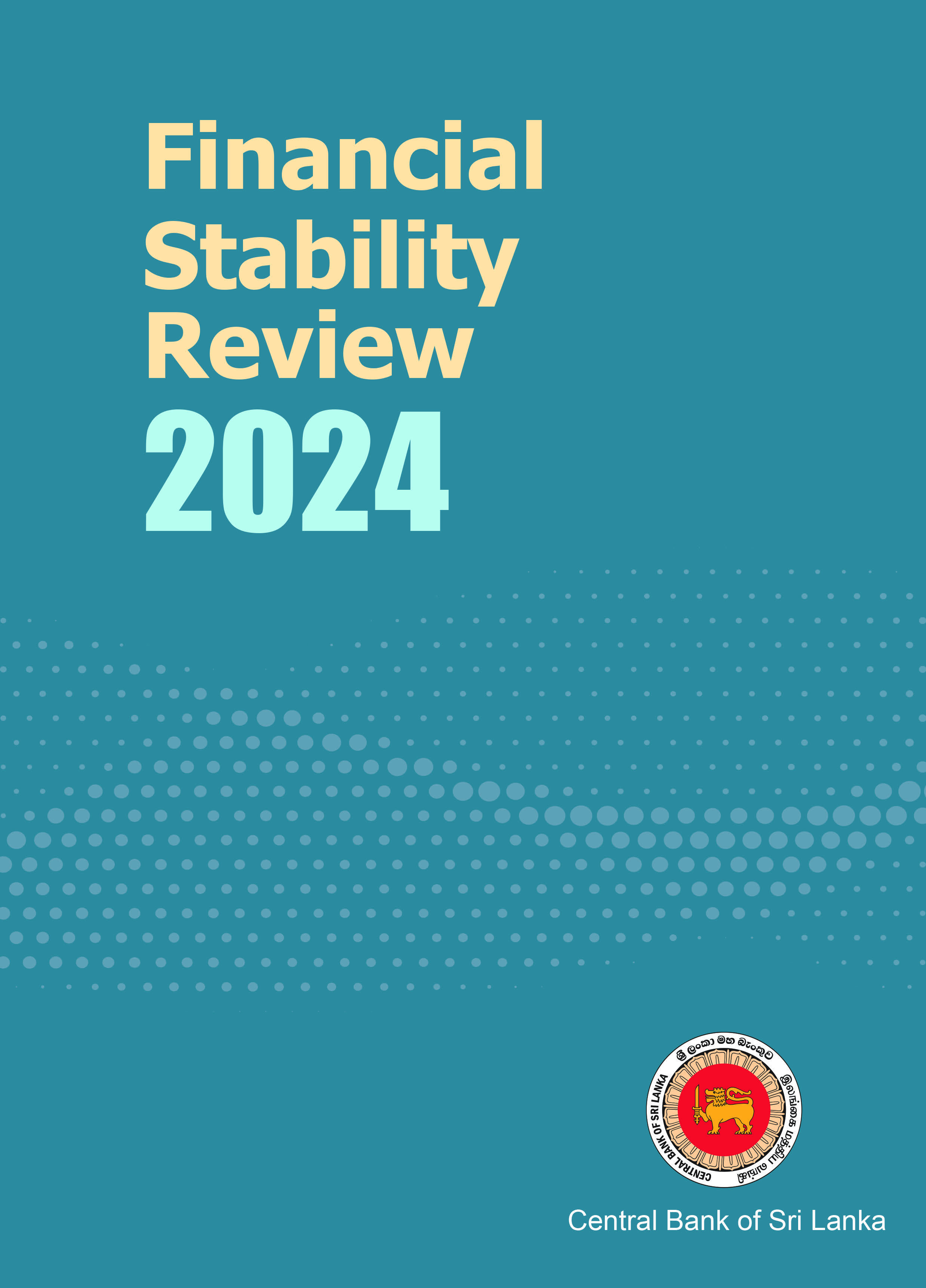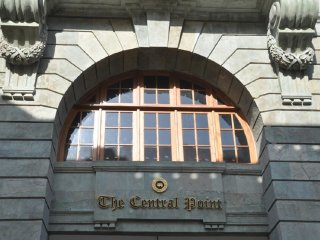The Monetary Board of the Central Bank of Sri Lanka, acting in terms of the Regulations made under the Registered Stock and Securities Ordinance and the Local Treasury Bills Ordinance, has decided to extend the suspension of Perpetual Treasuries Limited (PTL) from carrying on the business and activities of a Primary Dealer for a period of six months with effect from 4.30 p.m. on 05th January 2019, in order to continue the investigations being conducted by the Central Bank of Sri Lanka.
-
Extension of the Suspension of Business of Perpetual Treasuries Limited
-
Monetary Policy Review - February 2016
Broad money (M2b) continued to grow at a high pace, recording a growth of 17.8 per cent (year-on-year) in December 2015 compared to 13.4 per cent in December 2014. The year-on-year growth of credit granted to the private sector by commercial banks accelerated during the year, with a growth of 25.1 per cent in December 2015 in comparison to 8.8 per cent in December 2014. In absolute terms, the expansion in private sector credit during 2015 amounted to Rs. 691.4 billion compared to Rs. 223.9 billion in 2014.
-
Inflation in January 2016
Inflation, as measured by the change in the National Consumer Price Index (NCPI) (2013=100), which is compiled by the Department of Census and Statistics, decreased to -0.7 per cent in January 2016 from 4.2 per cent in December 2015, on year-on-year basis mainly due to the higher base of the corresponding period in 2015. Annual average NCPI inflation decreased to 2.9 per cent in January 2016 from 3.8 per cent recorded in December 2015.
-
Road Map 2019 - Monetary and Financial Sector Policies for 2019 and Beyond
The Sri Lankan economy faced heightened challenges in 2018, emanating mainly from the global economic, financial and geo-political developments that adversely affected the external sector. There were also several domestic challenges. Political uncertainties, especially during the last quarter of the year, amplified challenges to overall macroeconomic stability. Sub-par economic growth continued in 2018 following subdued growth in 2017. Favourable weather conditions supported a rebound in the agriculture sector while the expansion in services activities has been broad-based.
-
Monetary Policy Review - No. 8 of 2018
The Monetary Board of the Central Bank of Sri Lanka, at its meeting held on 27 December 2018, decided to maintain policy interest rates at their current levels. Accordingly, the Standing Deposit Facility Rate (SDFR) and Standing Lending Facility Rate (SLFR) of the Central Bank will remain at 8.00 per cent and 9.00 per cent, respectively. The Board considered current and expected developments in the domestic economy and the domestic financial markets as well as the global economic environment, with the broad aim of stabilising inflation at mid single digit levels in the medium term to enable the economy to achieve its potential growth.
-
Inflation in November 2018
Headline inflation as measured by the yearon-year change in the National Consumer Price Index (NCPI, 2013=100) reversed its declining trend, recording 1.0 per cent in November 2018 from 0.1 per cent in October 2018. The increase observed in year-on-year inflation in November 2018 is mainly driven by the increase of the prices of Food items. Year-on-year Food inflation increased to -3.9 per cent in November 2018 from -6.6 per cent in October 2018. However, year-on-year Nonfood inflation decreased from 5.8 per cent in October 2018 to 5.2 per in November 2018.
The change in the NCPI measured on an annual average basis decreased to 2.7 per cent in November 2018 from 3.3 per cent in October 2018.
-
External Sector Performance - October 2018
Sri Lanka’s external sector continued to be under pressurein October 2018. The trade deficit widened significantly in October due to a higher growth in import expenditure alongside a marginal growth in exports. However, it is expected that the trend of increasing imports will reduce in the coming months with the lagged impact of recently introduced restrictions on certain import categories. Meanwhile, workers’ remittances recorded a healthy increase in October, while earnings from tourism registered a marginal growth. The financial account witnessed outflows of foreign investments from the government securities market and the Colombo Stock Exchange (CSE).Foreign currency outflows together withimport expenditure exerted pressure on the domestic foreign exchange market.
-
External Sector Performance - December 2015
Sri Lanka’s external sector showed a mixed performance in the month of December 2015 with a widened trade deficit, continued high growth in tourist earnings and moderate workers’ remittances. On a cumulative basis, the trade deficit widened marginally during 2015, while earnings from tourism increased significantly. Meanwhile, workers’ remittances recorded a marginal decline in 2015. The major source of inflows to the financial account of the BOP during 2015 were the issuance of two international sovereign bonds and swap arrangement of the Reserve Bank of India.
-
Sri Lanka Purchasing Managers’ Index - November 2018
The slowdown observed in manufacturing activities in November was mainly driven by the slowdown in new orders and production, especially in manufacturing of textiles, wearing apparels, leather and related activities. However, new orders and production in the manufacturing of food and beverages activities has improved with the Christmas season demand. Employment remains unchanged during the period due to the difficulties in recruiting additional employees, especially in manufacturing of furniture activities.
-
Central Bank of Sri Lanka hold its 11th International Research Conference
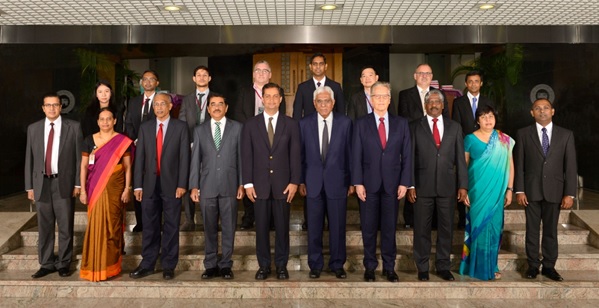 The Central Bank of Sri Lanka held its 11th International Research Conference on 07 December 2018 at the John Exter International Conference Hall. This conference is held annually, with the objective of promoting theoretical and empirical research in fields related to contemporary macroeconomic policy, providing an opportunity for researchers from diverse backgrounds to share their findings and experiences. This year’s conference was held under the theme of “Inflation Targeting and Central Bank Independence, Accountability and Transparency”.
The Central Bank of Sri Lanka held its 11th International Research Conference on 07 December 2018 at the John Exter International Conference Hall. This conference is held annually, with the objective of promoting theoretical and empirical research in fields related to contemporary macroeconomic policy, providing an opportunity for researchers from diverse backgrounds to share their findings and experiences. This year’s conference was held under the theme of “Inflation Targeting and Central Bank Independence, Accountability and Transparency”.







